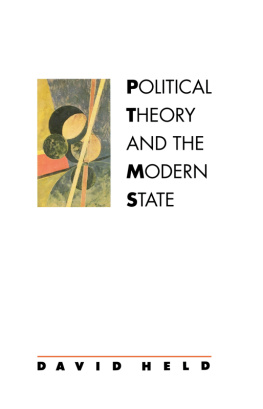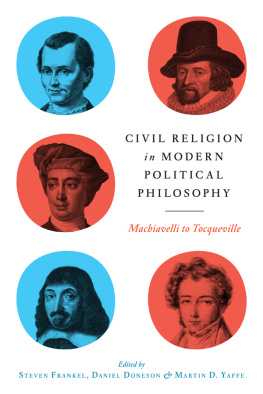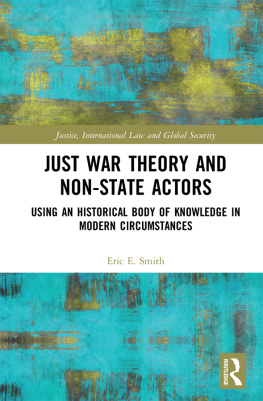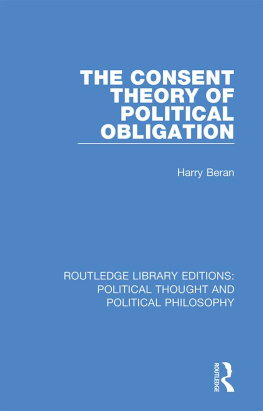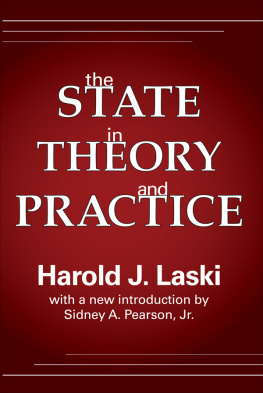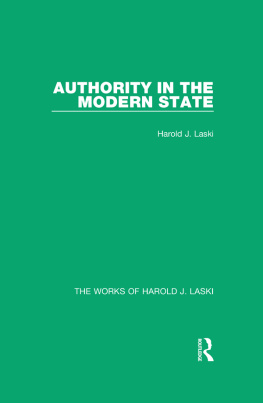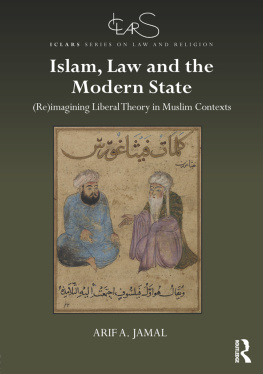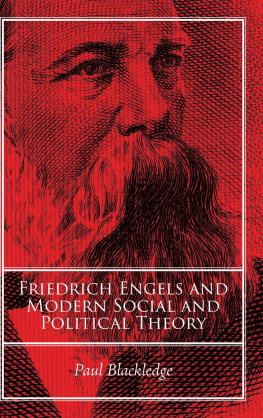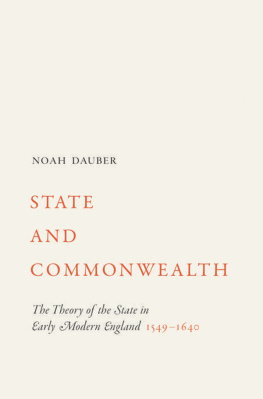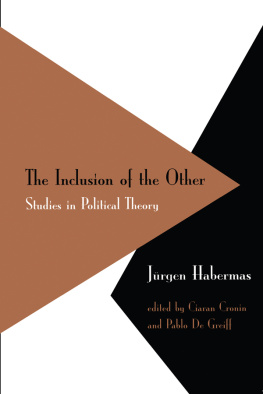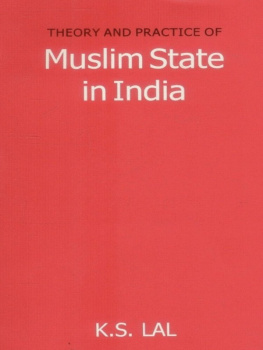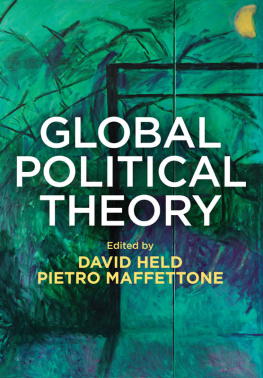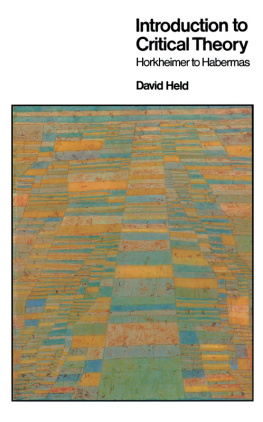Held - Political Theory and the Modern State
Here you can read online Held - Political Theory and the Modern State full text of the book (entire story) in english for free. Download pdf and epub, get meaning, cover and reviews about this ebook. City: New York;NY, year: 2013, publisher: Polity Press;John Wiley & Sons, genre: Politics. Description of the work, (preface) as well as reviews are available. Best literature library LitArk.com created for fans of good reading and offers a wide selection of genres:
Romance novel
Science fiction
Adventure
Detective
Science
History
Home and family
Prose
Art
Politics
Computer
Non-fiction
Religion
Business
Children
Humor
Choose a favorite category and find really read worthwhile books. Enjoy immersion in the world of imagination, feel the emotions of the characters or learn something new for yourself, make an fascinating discovery.
Political Theory and the Modern State: summary, description and annotation
We offer to read an annotation, description, summary or preface (depends on what the author of the book "Political Theory and the Modern State" wrote himself). If you haven't found the necessary information about the book — write in the comments, we will try to find it.
Held: author's other books
Who wrote Political Theory and the Modern State? Find out the surname, the name of the author of the book and a list of all author's works by series.
Political Theory and the Modern State — read online for free the complete book (whole text) full work
Below is the text of the book, divided by pages. System saving the place of the last page read, allows you to conveniently read the book "Political Theory and the Modern State" online for free, without having to search again every time where you left off. Put a bookmark, and you can go to the page where you finished reading at any time.
Font size:
Interval:
Bookmark:
The state or apparatus of government appears to be everywhere, regulating the conditions of our lives from birth registration to death certification. Yet the nature of the state is hard to grasp. This may seem peculiar for something so pervasive in public and private life, but it is precisely this pervasiveness which makes it difficult to understand. There is nothing more central to political and social theory than the nature of the state, and nothing more contested. It is the objective of this essay to set out some of the key elements of the conflict of interpretation.
In modern Western political thought, the idea of the state is often linked to the notion of an impersonal and privileged legal or constitutional order with the capability of administering and controlling a given territory (see Skinner, 1978; cf., Neumann, 1964). This notion found its earliest expression in the ancient world (especially in Rome) but it did not become a major object of concern until the early development of the European state system from the sixteenth century onwards. It was not an element of medieval political thinking. The idea of an impersonal and sovereign political order, that is, a legally circumscribed structure of power with supreme jurisdiction over a territory, could not predominate while political rights, obligations and duties were closely tied to property rights and religious tradition. Similarly, the idea that human beings as individuals or as a people could be active citizens of this order citizens of their state and not merely dutiful subjects of a monarch or emperor could not develop under such conditions.
The historical changes that contributed to the transformation of medieval notions of political life were immensely complicated. Struggles between As the grip of feudal traditions and customs was loosened, the nature and limits of political authority, law, rights and obedience emerged as a preoccupation of European political thought. Not until the end of the sixteenth century did the concept of the state become a central object of political analysis.
While the works of Niccolo Machiavelli (14691527) and Jean Bodin (153096) are of great importance in these developments, Thomas Hobbes (15881679) directly expressed the new concerns when he stated in De Cive (1642) that it was his aim to make a more curious search into the rights of states and duties of subjects (quoted in Skinner, 1978, vol. 2, p. 349). Until challenged by, among others, Karl Marx in the nineteenth century, the idea of the modern state came to be associated with a form of public power separate from both the ruler and ruled, and constituting the supreme political authority within a certain defined boundary (Skinner, 1978, vol. 2, p. 353). But the nature of that public power and its relationship to ruler and ruled were the subject of controversy and uncertainty. The following questions arose: What is the state? What should it be? What are its origins and foundations? What is the relationship between state and society? What is the most desirable form this relationship might take? What does and should the state do? Whose interest does and should the state represent? How might one characterize the relations among states?
This essay focuses on four strands or traditions of political analysis which sought to grapple with such questions: (1) liberalism, which became absorbed with the question of sovereignty and citizenship; (2) liberal democracy, which developed liberalisms concerns while focusing on the problem of establishing political accountability; (3) Marxism, which rejected the terms of reference of both liberalism and liberal democracy and concentrated upon class structure and the forces of political coercion; and (4), for want of a more satisfactory term, political sociology, which has, from Max Weber to Anglo-American pluralism and geopolitical conceptions of the state, elaborated concerns with both the institutional mechanisms of the state and the system of nation-states more generally. None of these traditions of analysis, it should be stressed, forms a unity; that is to say, each is a heterogeneous body of thought encompassing interesting points of divergence. There is also some common ground, more noticeable in the work of contemporary figures, across these separate traditions. I shall attempt to indicate this briefly throughout the essay and in my concluding remarks. It is important to appreciate that, in a field in which there is as vast a range of literature as this, any selection has an arbitrary element to it. But I hope to introduce, and assess in a preliminary way, some of the central perspectives on the modern state.
A distinction is often made between normative political theory or political philosophy on the one hand, and the descriptive-explanatory theories of the social sciences on the other. The former refers to theories about the proper form of political organization and includes accounts of such notions as liberty and equality. The latter refers to attempts to characterize actual phenomena and events and is marked by a strong empirical element. The distinction, thus, is between theories which focus on what is desirable, what should or ought to be the case, and those that focus on what is the case. The political writings of people like Hobbes, Locke and Mill are generally placed in the first camp, while those of, for instance, Weber are put in the second; Marx occupying sometimes one domain, sometimes the other, depending on the writings one examines. But it will become clear that, while this distinction should be borne in mind, it is hard to use it as a classificatory device for theories of the state. For many political philosophers see what they think the state ought to be like in the state as it is. Social scientists, on the other hand, cannot escape the problem that facts do not simply speak for themselves: they are, and they have to be, interpreted; and the framework we bring to the process of interpretation determines what we see, what we notice and register as important.
The essay begins with the thought of Hobbes, which marks a point of transition between a commitment to the absolutist state and the struggle of liberalism against tyranny. It is important to be clear about the meaning of liberalism (see Habermas, 1962; Pateman, 1979). While it is a highly controversial concept, and its meaning has shifted historically, I will use it here to signify the attempt to define a private sphere independent of the state and thus to redefine the state itself, that is, the freeing of civil society personal, family and business life from political interference and the simultaneous delimitation of the states authority. With the growing division between the state and civil society, a division which followed the expansion of market economies, the struggle for a range of freedoms and rights which were in principle to be universal became more acute. Gradually, liberalism became associated with the doctrine that freedom of choice should be applied to matters as diverse as marriage, religion, economic and political affairs in fact, to everything that affected daily life (see Macpherson, 1966, ch. 1; cf. Giddens, 1981, chs 8 and 9). Liberalism upheld the values of reason and toleration in the face of tradition and absolutism (see Dunn, 1979, ch. 2). In this view, the world consists of free and equal individuals with natural rights. Politics should be about the defence of the rights of these individuals a defence which must leave them in a position to realize their own capacities. The mechanisms for regulating individuals pursuit of their interests were to be the constitutional state, private property, the competitive market economy and the distinctively patriarchal family. While liberalism celebrated the rights of individuals to life, liberty and property, it should be noted from the outset that it was generally the male property-owning individual who was the focus of so much attention; and the new freedoms were first and foremost for the men of the new middle classes or the bourgeoisie. The Western world was liberal first, and only later, after extensive conflicts, liberal democratic or democratic; that is, only later was a universal franchise won which allowed all mature adults the chance to express their judgement about the performance of those who govern them (Macpherson, 1966, p. 6). But even now, the very meanings of the terms liberalism and democracy remain unsettled.
Font size:
Interval:
Bookmark:
Similar books «Political Theory and the Modern State»
Look at similar books to Political Theory and the Modern State. We have selected literature similar in name and meaning in the hope of providing readers with more options to find new, interesting, not yet read works.
Discussion, reviews of the book Political Theory and the Modern State and just readers' own opinions. Leave your comments, write what you think about the work, its meaning or the main characters. Specify what exactly you liked and what you didn't like, and why you think so.

